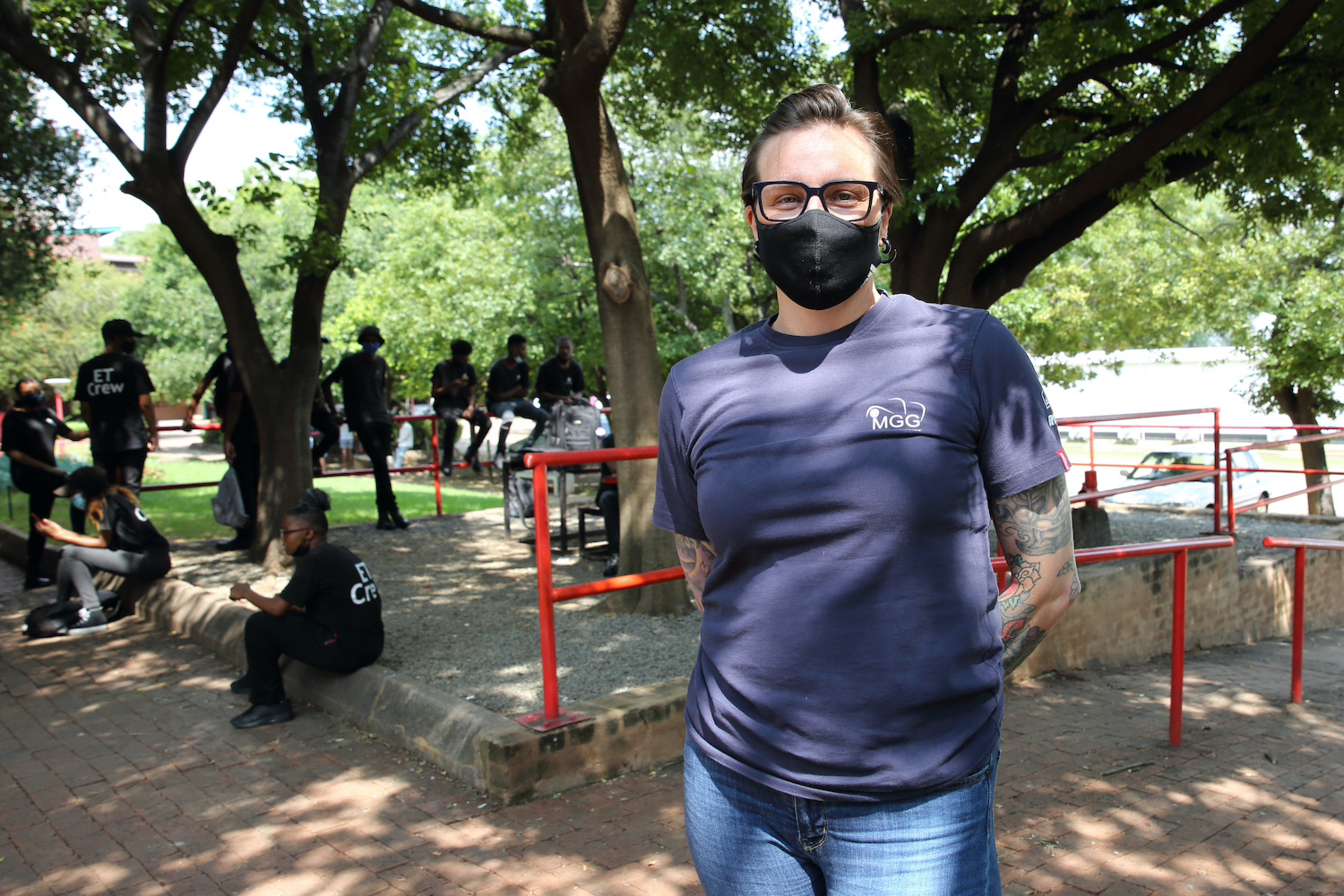MGG supports TUT’s alternative programme
- Details

“We are very excited to announce that all previous departments that worked within the Performing Arts have now merged into one Department of Performing Arts (DPA),” comments Janine Lewis, professor and HOD at TUT. “The six programmes we had before are being phased out while first-year students will now follow the new multi-disciplinary Diploma in Performing Arts and then go into a discipline stream of speciality where they can focus on Dance, TAD (Theatre, Art & Design which includes performance and technical), or Music incorporating opera and jazz.”
While students may know what they want to specialise in, the first year sees them all participating in the same classes. While technicians learn what it’s like to be a performer, performers gain an understanding of lighting and know where to stand on a stage, and how to sew on a button if need be! More importantly, the various departments now collaborate and work together instead of running as separate entities.
Part of the shift was initiated by the Covid-19 pandemic. “2020 was the best year and also the worst year,” says Hardus Koekemoer, a technical lecturer. “It was the best year as we discovered all the technologies available to continue our training and it opened up a whole new world and approach to teaching. When we first went into lockdown, I immediately moved all my classes online, and within a month, I had rewritten and changed the entire syllabus.”
With limited access to Wi-Fi and many students not equipped with laptops, the staff at TUT initially moved classes online, but then reverted to paper-posted remote learning. Hardus created active learning worksheets for his theatre technical lighting and sound students and with no access to libraries in the lockdown, he reached out to various publishers, who all generously provided books in PDF format for sole use of the TUT programme.
On the negative side, students missed out on working on over 400 shows. “We didn’t participate in festivals like the National Arts Festival in Grahamstown, nor put on shows at our campus’ Breytenbach and Rostrum Theatres,” Hardus explains. “Having not worked on a show for a year, we had to almost restart practical training from scratch, from rigging to plotting, and that is where MGG came in.”
MGG’s Tamsyn Strydom has worked closely with the university since 2017, either supplying equipment for shows or providing students with work integrated learning, that offers on-the-job training. She provided six MGG technicians, five of whom were former TUT students, and a range of equipment to be used for the virtual arts stage – a veritable feast of a variety of performance styles. Groups of students were then allocated to a technician and together they would set up the stage while sharing knowledge and insight to disciplines of lighting, sound and AV.
While TUT supplied all the trussing and LED lighting fixtures from their Breytenbach Theatre including Robe 600 LEDWash units, Longman FacePars and Strand SPX fixtures, MGG supplied the AV equipment, additional lighting profiles and washes, control gear such as MA Lighting’s dot2 console and audio.
“Some students initially felt unsure of themselves, but by the end of the week, having overcome their fear of new technology, would fly,” says Hardus. “Tamsyn has been working with us since she started at MGG and is so passionate about our students, teaching and training. There is never a no! Every year, MGG play a huge contribution by sponsoring staff or gear to assist us with Arts Campus productions.”


















